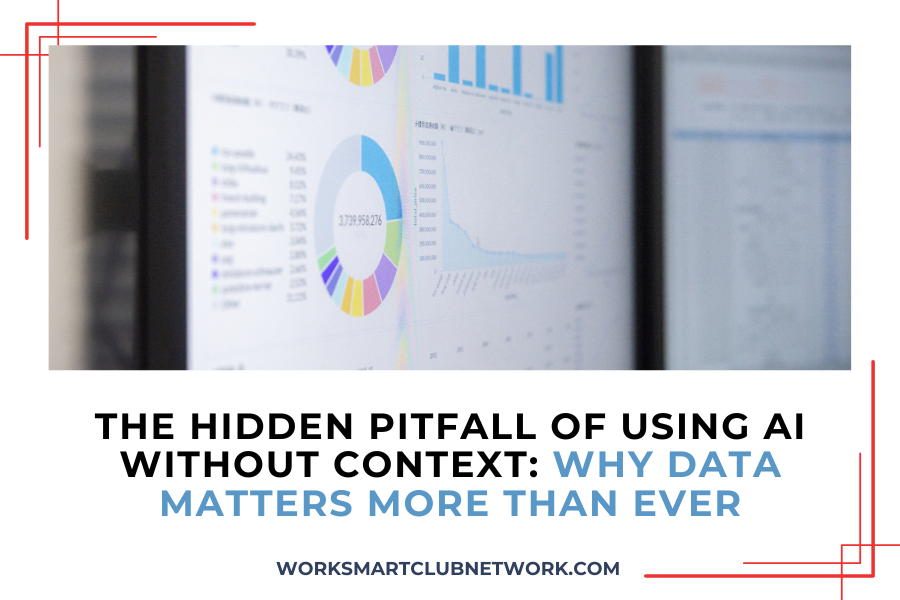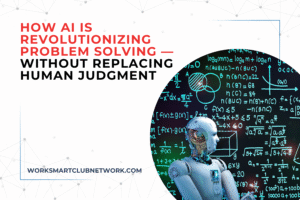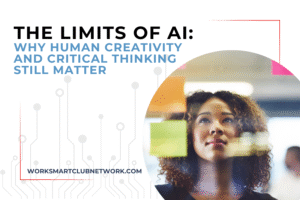Artificial intelligence is frequently celebrated as a revolutionary tool capable of delivering quick, insightful answers to complex problems. From automating tasks to generating reports, AI promises efficiency and innovation. However, there is a crucial truth often overlooked: AI’s effectiveness depends heavily on the quality, relevance, and context of the data it receives. Using AI without first providing clear, detailed context can lead to generic, irrelevant, or even misleading responses — the kind that feel fluffy rather than useful.
Why Context is King
Unlike humans, AI algorithms do not “understand” information in a traditional sense. Instead, they identify patterns and make predictions based on probabilities derived from vast amounts of training data. Without sufficient context, AI cannot differentiate between what matters and what does not, resulting in generic or surface-level answers.
For example, imagine a company asking AI to improve its customer service. Without specifying the industry, customer demographics, or specific challenges faced, the AI might provide broad, generic suggestions that are not actionable or relevant. The same goes for AI generating content or summarizing information — vague input produces vague output.
The Danger of Generic AI Responses
When AI provides responses lacking in focus or specificity, it wastes valuable time and can weaken decision-making processes. Teams relying on such generic AI insights might feel misled or frustrated when recommendations don’t match their needs or lead to actual improvements.
In more serious cases, AI can perpetuate harmful biases embedded in its training data, misunderstand critical nuances, or suggest ineffective solutions. For example, if AI is used in hiring without context about the company culture or role requirements, it might unfairly favor certain candidates or overlook valuable but non-traditional skills.
Moreover, AI-generated content that seems confident but lacks depth or accuracy can damage credibility. The problem isn’t just that AI sometimes errs, but that without proper context, its errors can be amplified.
Providing the Right Data and Context
Maximizing AI’s potential requires clearly defining the problem and purpose before engaging the technology. This means supplying detailed, relevant data and framing tasks carefully.
For instance, if AI is tasked with summarizing extensive reports, providing well-structured documents and guidance on what key points to emphasize makes a dramatic difference. Similarly, when using AI for market analysis, including information about target audiences, product lines, and historical sales trends ensures the AI’s insights are meaningful.
Good context also involves setting boundaries for AI’s task. Clear parameters prevent the AI from wandering into irrelevant territory, enhancing the relevance and precision of its output.
Context Enables Targeted, Actionable Insights
When AI is fed rich, relevant context, it becomes a powerful tool for generating targeted and actionable insights. Instead of broad suggestions, AI can identify trends and opportunities specific to the organization’s unique situation.
Consider a marketing team using AI that understands the brand’s voice, audience preferences, and previous campaign results. Such AI can generate tailored content ideas or predict customer responses with far greater accuracy than a generic system.
Additionally, contextual AI is better equipped to flag anomalies, potential risks, or emerging trends, giving organizations a strategic advantage in fast-changing markets.
Human Expertise Remains Essential
Even with perfect context and data, AI does not replace human judgment. Expert interpretation is vital to validate AI-generated insights and apply domain knowledge to complex decisions. Humans provide ethical considerations, empathy, and creative thinking — qualities that AI cannot replicate.
The most successful organizations treat AI as a powerful partner, enhancing human capabilities rather than substituting for them.
AI’s promise to transform business and work is enormous, but its value hinges on the quality of the input it receives. Without relevant, detailed context, AI’s responses risk becoming generic and ineffective — more fluff than fuel.
To unlock AI’s true potential, organizations must invest in defining clear goals, carefully preparing data, and fostering human-AI collaboration. Only by blending precise data context with human expertise can AI deliver truly meaningful, insightful, and impactful results that drive success.





